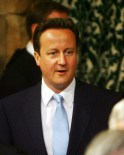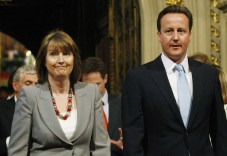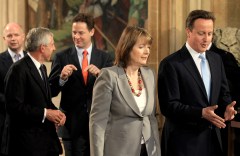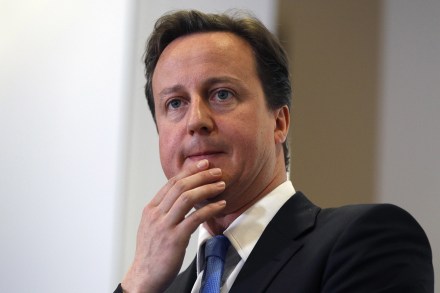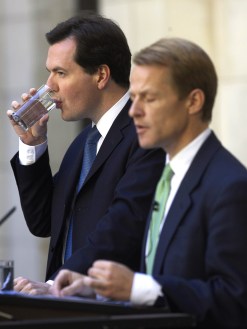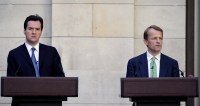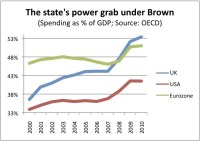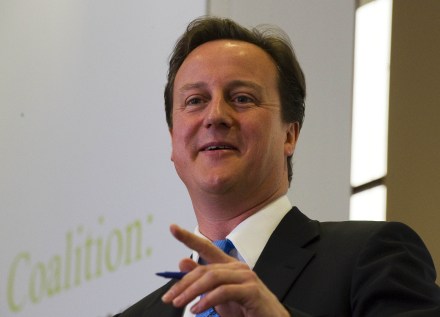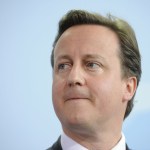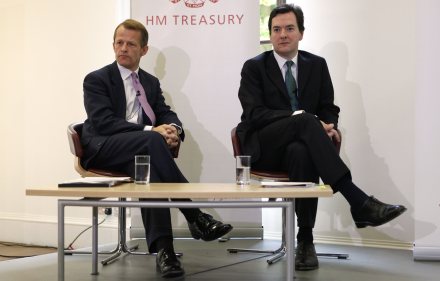Loving the Liberal Democrats in a Hung Britain
Over at ConservativeHome Paul Goodman suggests that Nick Clegg be invited to address the Conservative Party Conference this year and, in general, that the Tories need to do more to get to know their colleagues in government. He’s right. And here, via John Rentoul, is John Curtice to help explain why. Professor Curtice suggests that this most recent election ought not to be considered a freakish result and that even if the voting system remains unaltered hung parliaments are probably as likely as not for the foreseeable future. If that’s the case – and even with redrawn constituency boundaries it seems quite probable that at least some of the factors


